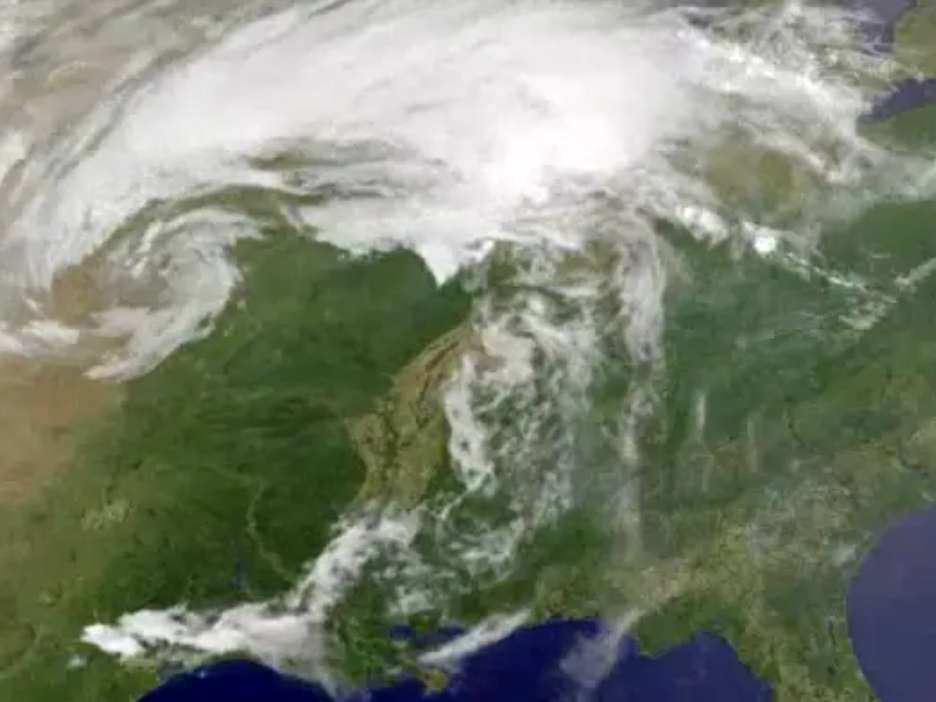With all the fun the Nashville area has to offer year-round, there’s a solid argument for never leaving.
Still, few things do more to ignite our spirit of fun and adventure than hitting the open road.
Whether you’re heading to the Smokies in the fall or to the Land Between the Lakes for a late summer retreat, one of Nashville’s assets is its geographical proximity to so many other outdoor and cultural landmarks within an afternoon’s drive, from Mammoth Cave to Memphis.
Before stepping on the gas, however, it’s important to be aware of your vehicle’s needs.
Think of your car like you would your body — before setting out on a run, you’d want to put your shoes on and drink plenty of water.
Different seasons call for different preparations for your car, from oil viscosity to tires.
No matter when you’re planning your trip, follow this checklist to ensure that you arrive there safely and without any unpleasant incidents:
Check the Tires
When it comes to abuse, your tires take a lion’s share. In the summer, hot asphalt can cause their rubber to expand. If your tires are underinflated, this problem is made even worse. Ride too long on tires low on air and you risk a blowout — a dangerous and scary scenario. All year long, make a point to check your tire pressure every couple of fill-ups. Look for cracks in the rubber that could lead to a flat. Healthy, well-inflated tires contribute to better gas mileage, an added perk of staying safe and on the road.
How’s the Battery?
In the winter, cold temperatures can slow your battery down. Summer is even worse — hot air can cause battery fluid to evaporate, leading to internal corrosion. Stay on top of it by checking your fluid levels. Just pry back the rubber caps on top of the battery and make sure that the fluid reaches the bottom of the little vent tubes. If it’s lower, add distilled water, but don’t let it overflow. Keep your battery hydrated and it’ll be ready to go whenever you crank the ignition.
Choose the Right Motor Oil
All the hot, moving metal in your engine wouldn’t last long without lubrication. Oil gets thinner when it heats up, so it’s important to vary your viscosity with the season. In Nashville, winter calls for a 5W-20 or 10W-20, while summer means switching up to a thicker oil like a 20W-50. Most importantly, check your levels regularly. When your engine is low on oil, it runs hotter and can overheat.
Check the Coolant Level
Overheating engines are a top cause of roadside breakdowns, but they’re often easy to prevent. Coolant is typically in a plastic vessel near the front of your engine compartment. Pop the cap off and make sure the coolant level comes up to the designated line. If it doesn’t, you can buy more at a gas station and top it off. Coolant collects heat from your engine, often reaching 250 degrees F, and spreads it out through the radiator. Without enough to do the job, you’re taking a major gamble.
Ready for Rain?
We all love a summer afternoon thunderstorm, until we’re caught driving in it. With Tennessee in an extended drought, you might not have changed your wipers in some time. A new set is cheap and will keep you safe when you do find yourself caught in a downpour. Likewise, brakes are incredibly important in wet conditions. If yours haven’t been responding like they used to, get your pads changed immediately. It could save your life!
Spot Check for Hoses and Leaks
Any time you pop your hood to check your oil or coolant levels, take an extra 30 seconds to examine your hoses. If you notice cracks or leaks, these could lead to your engine working harder to get you around and cool itself. When the engine is cool, you can even do a squeeze test for spongy hoses. These are generally easy to change (and far cheaper than replacing expensive parts that break because a leaky hose was neglected).
Wherever you’re headed, it’s smart to hit the road with the confidence that your car is ready for the journey. Just a few minutes now and then can make a big difference, saving you hours and big bucks down the road.





